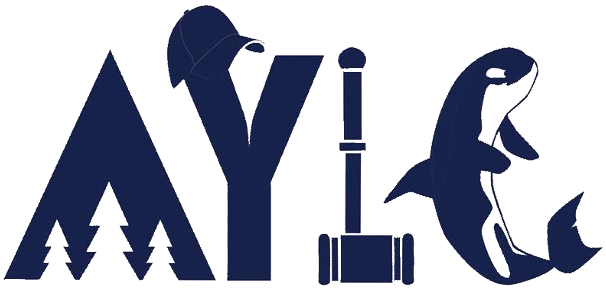Credit Cards
Credit cards

What is a credit card?
When you use a credit card, the bank or store that issues it makes a loan to you in the amount of the purchase you make. At the end of the billing period (usually a month), the credit card company sends you a statement showing all the charges you have made using that credit card in that billing period, plus any outstanding balance from previous billing periods. You can pay the entire amount shown on the statement, or a minimum payment of about 2 percent of the balance, or any amount in between. The credit card company will charge you interest on any unpaid portion of the bill, and will add that interest to the balance due on your next statement. When you make a payment, it will first be used to pay the interest that you owe. Only the remaining part of the payment will reduce what you owe for the items you charged on the card.
Before you get a credit card, you should think carefully about how you plan to use it. If you faithfully pay the full balance of each monthly bill before the due date, a credit card can be a very convenient substitute for cash or checks, and can help you establish good credit. But if you use a credit card to pay for things you cannot afford, you can get deeply in debt and will end up paying far more for your purchases in the long run.
If you are ready to apply for a credit card, shop carefully and take time to compare the interest rates, fees and terms offered by different credit card issuers. View more information about credit cards.
What is a credit card agreement?
The credit card agreement is the contract between you and the credit card issuer. It describes all the terms and conditions of your credit card, including the interest rate and fees you will be charged, when your payments are due, and any other responsibilities you agree to take on. Read your credit card agreement carefully. Credit card issuers can change the terms of the agreement by notifying you of the changes, so be sure you read any notices you get from your credit card company.
What is a credit limit?
The credit limit is the maximum amount the bank will allow you to charge on your credit card. Your credit card issuer may charge you a penalty if you charge more than your credit limit.
If you are just starting to establish credit, your credit limit will usually be a small amount, maybe just one or two thousand dollars. Over time if you consistently make your payments on time and maintain good credit, your credit card company may be willing to increase your credit limit.
What interest rates and fees can a credit card company charge me?
Interest is the amount of money the bank charges for loaning you money. Credit card issuers calculate the amount of interest using a rate called an Annual Percentage Rate (APR). The APR divided by 12 is the monthly interest rate. When you are shopping for a credit card it is important to ask the following questions:
- What is the APR? Credit card companies may charge different interest rates for different types of For example, the rate for new purchases may be different from the rate for balance transfers or cash advances.
- Will the APR ever change? Credit card issuers may offer a fixed interest rate that will never change, or they may offer terms that allow them to increase the interest rate at any Some credit cards will offer an introductory APR that is lower, but goes up after a specified amount of time. Credit card issuers might charge a higher interest rate, called a penalty APR, if you make a late payment, if you charge more than your credit limit, or if the check you send to pay your bill is returned unpaid.
Does it cost more if I spread out credit card payments over a long time?
Yes, it will cost you a lot. Let’s say you charged $500 on your credit card and the APR the bank charges is 15 percent. You will end up paying a lot more than $500 if you spread the payments out over a long time. Compare what happens:
- If you pay only the minimum payment of $15 per month, and you don’t charge anything else, it will take you 44 payments (3 years and 8 months) to pay off the $500 with interest the card issuer You will have paid $160 in interest in addition to the original amount you charged for a total of $660.
- If you decide to pay $50 dollars a month instead of the minimum payment, and charge nothing new, you will pay off the $500 debt within a year, and will have paid only $37 in interest charges, for a total of $537.
- If you pay the entire balance of $500 before the due date on the first bill you get after you charge the $500, you will pay no interest at all, and will have a balance of $0 if you make no new charges.
So if you pay more than the minimum each month, it makes a big difference in paying down debt. You can find reliable credit calculators online that can help you see how much you are paying in interest on top of your debt, and help you figure out how much you need to pay each month to get out of debt.
What if my credit card is lost or stolen?
If your credit card is lost or stolen, you should report it to the credit card company immediately. Once you have reported the card lost or stolen, you cannot be held responsible for any unauthorized charges made on it. If someone makes unauthorized charges using your credit card before you have reported it lost or stolen, you are only responsible for charges of up to $50.
What if I my credit card bill shows charges I didn’t make?
If your credit card bill shows a charge you didn’t make, or the wrong amount, or other errors, you can contact your credit card company to dispute the charge. However, to be protected under a federal law called the Fair Credit Billing Act, you must contact the credit card company in writing within 60 days. Once the credit card company receives your letter it is required to reasonably investigate the disputed charges and has 90 days to fix the error or explain why the bill is correct.



